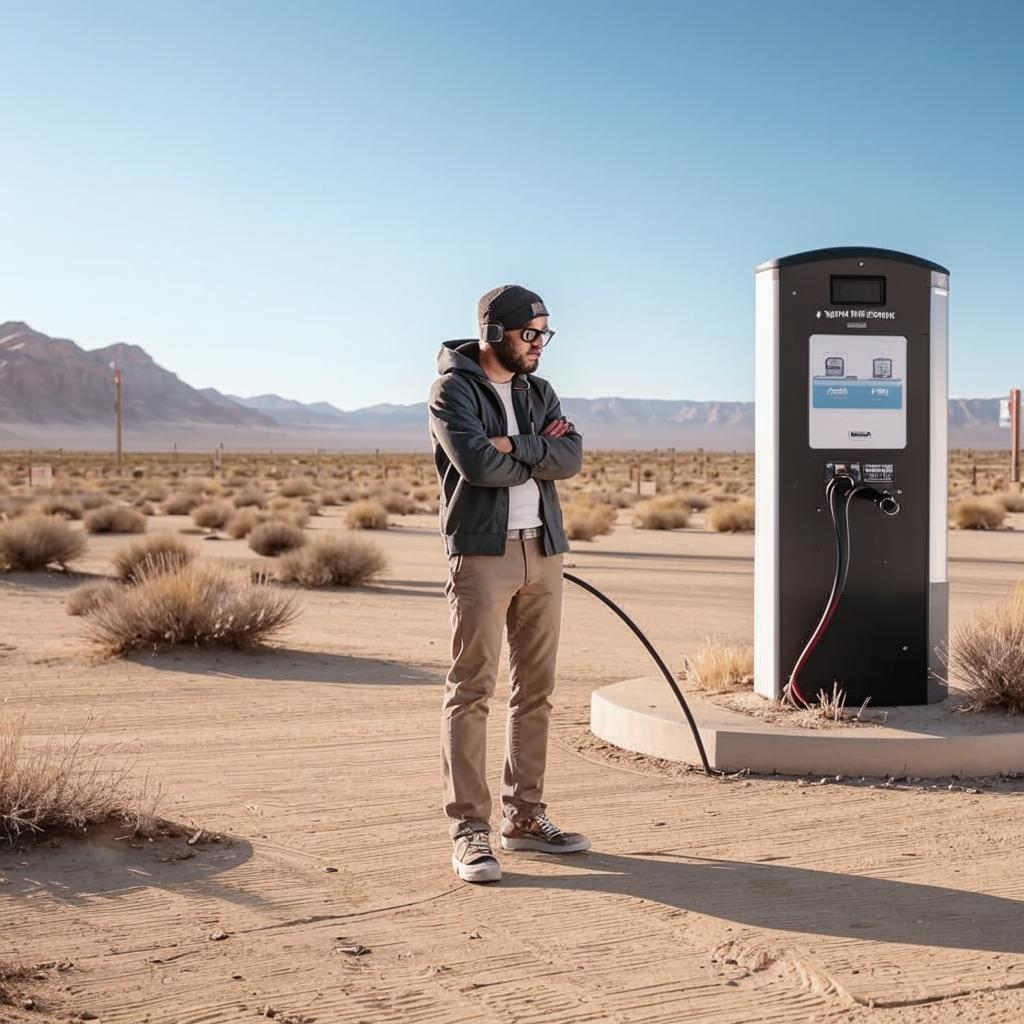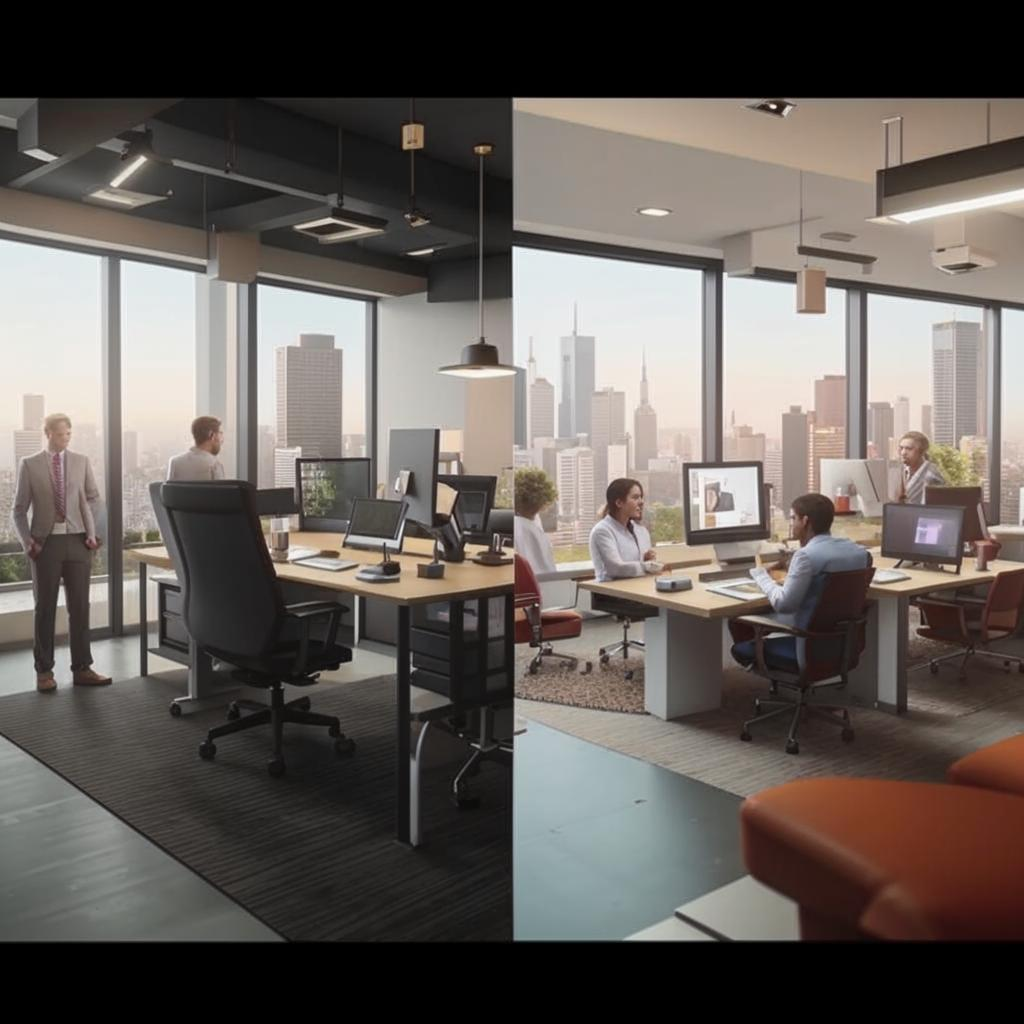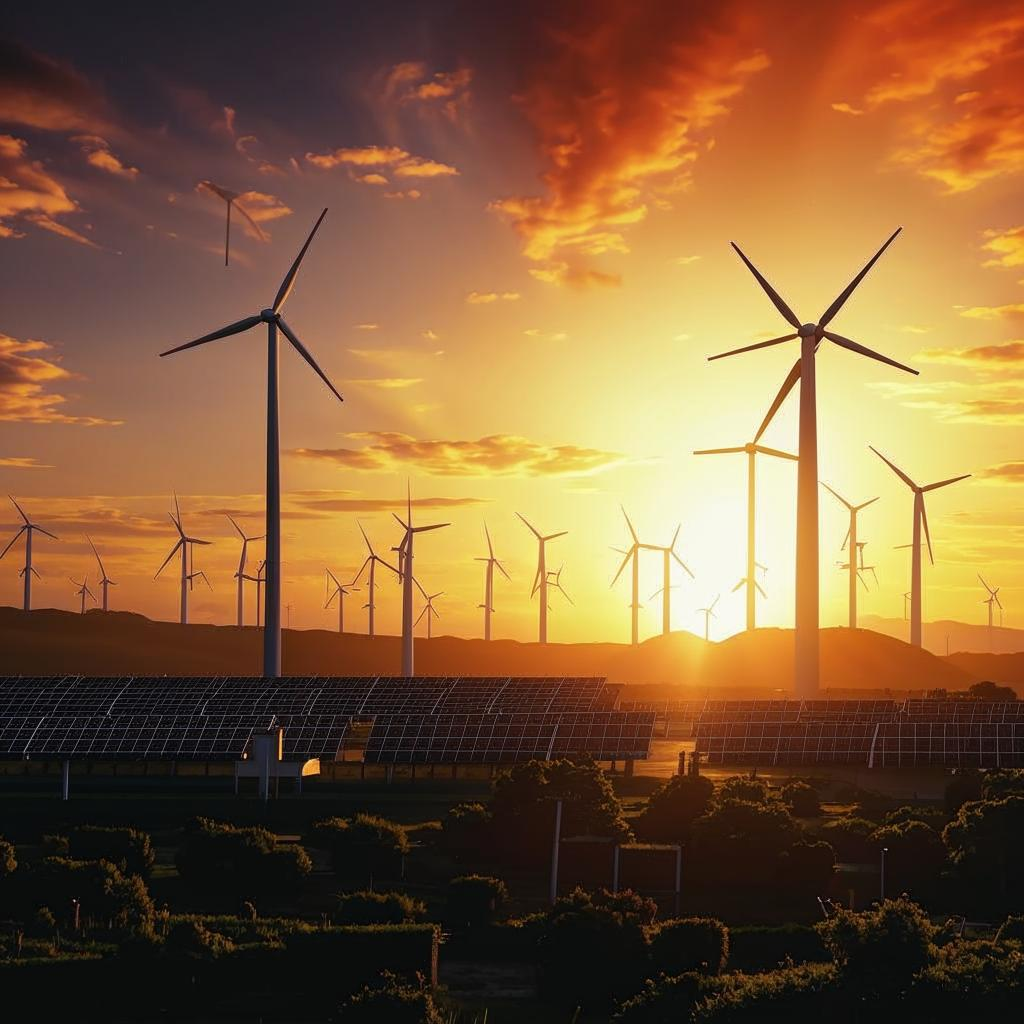Electric vehicle adoption is hitting a speed bump. After years of rapid growth, sales are slowing significantly, raising concerns about the pace of the transition to EVs. The primary culprits appear to be inadequate charging infrastructure and persistent affordability issues.
While consumer interest remains, the lack of readily available and reliable charging stations is deterring many potential buyers. Range anxiety, the fear of running out of battery, is a major obstacle, particularly in rural areas or for apartment dwellers without charging access. The cost of EVs, even with government incentives, is still higher than comparable gasoline-powered vehicles, placing them out of reach for a significant portion of the population.
Automakers are investing heavily in new EV models, but this alone isn’t enough. A coordinated effort is needed to address these hurdles. Governments must prioritize investments in public charging infrastructure, ensuring chargers are accessible, reliable, and strategically located. Additionally, continued incentives and tax breaks can help bridge the price gap between EVs and traditional cars. Innovation in battery technology to improve range and reduce cost is also crucial. The future of electric vehicles depends on overcoming these challenges to unlock their full potential. Otherwise, adoption will remain sluggish, undermining climate goals and the automotive industry’s transformation.















